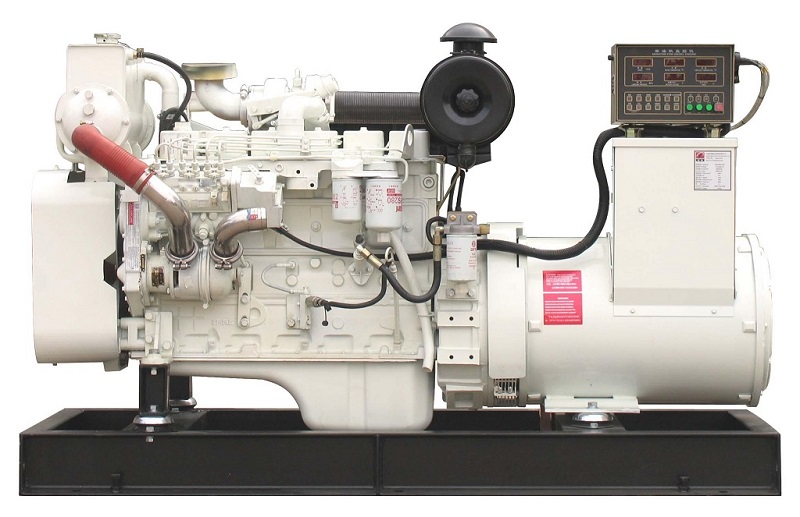
More often than not, our attention is caught by shining solar panels, wind turbines stretching towards the blue sky, and clever bioenergy plants, the symbols of renewable energy hailing the dawn of a green era. But in this world of accelerating clean technology, have we ever stopped to think about our less glamorous energy companions, like diesel generators? What exactly are the environmental implications and impacts of these energy comrades? Does their use conflict with our pursuit of renewable and sustainable energy sources?
In this post, we will dive deep into the environmental impact of diesel generators, how they fit into our pursuit of sustainability and green living, and ultimately challenge the black and white thinking, which often dominates the world of energy. We will look at both sides of the coin regarding diesel generators, examining their pros and cons from an environmental point of view, ultimately helping you to gain a broader understanding of this less-considered player in the global energy game.
The Role of Diesel Generators in Our Energy Landscape
Diesel generators have historically fulfilled a critical role in our energy landscape, providing reliable backup power in times of emergencies or supplemental energy during peak usage times. Their on-demand availability has made them popular in industries and areas where unreliable grids pose a challenge. But what is the environmental cost of this convenient power source?
Diesel generators, naturally, rely on diesel fuel – a fossil fuel that contributes to air pollution through the emission of particulates, nitrogen oxides (NOx), and greenhouse gasses like carbon dioxide. However, technological advancements are gradually minimizing the adverse impacts, making diesel generators far more environmentally friendly than their older versions.
Modern Diesel Generators and The Environment: An Ambiguous Relationship
Modern diesel generators come with advanced, sophisticated technologies to reduce harmful emissions. These include nitrogen oxide after-treatment technologies and particulate filters which help manage the pollution issues tied to diesel fuel consumption of the past, but they are far from perfect. Although cleaner than their predecessors, these generators still emit CO2, a significant player in global warming.
Interestingly, sophisticated control technology allows for these generators to only run when power demand exceeds the supply from greener sources such as wind or solar. Thus, they are playing a supporting role in our transition to renewable energy, acting both as a safety net and a regulator to ensure stable energy supply.
Diesel Generators in Developing Countries: A Necessary Evil?
It’s crucial to acknowledge the disparities within our global energy ecosystem. In developing countries, where infrastructural challenges exist, diesel generators provide a more pragmatic, affordable option to ensure energy supply. They are often the only reliable source of power, particularly in painstakingly inaccessible geographical areas with no connection to a power grid.
However, without proper regulations or lack of advanced technologies as mentioned earlier, these generators may cause pollution and health issues. Over time, governments and sectors must take responsibility to introduce greener options without compromising on the reliability and affordability of the power supply.
The Pros and Cons of Diesel Generators
Despite their environmental drawbacks, diesel generators have crucial benefits that hold their place in our energy mix. Their on-demand power supply, robustness, and relatively low upfront cost are significant advantages. However, the critical downside includes the dependency on fossil fuels, CO2 emissions, and potential air pollutants, putting a strain on our environment.
Are Diesel Generators Compatible with A Green Future?
Our energy future is unveiling as a rich tapestry of different technologies, all playing their part in a grand synergistic dance. Diesel generators, despite their environmental impact, might have a role to play in this future, especially if we manage to continue to reduce their emissions and environmental footprint.
In conclusion, the environmental impact of diesel generators is a complex issue, influenced by the state of technology, geographical location, and our commitment to environmental sustainability. While they cannot be our primary power source in a green future, their stability and reliability might make them an important backup and supportive power alternative for years to come. Ensuring that they are as clean as possible should be our focus, while we continue our journey towards a sustainable, renewable energy future.












Social Plugin